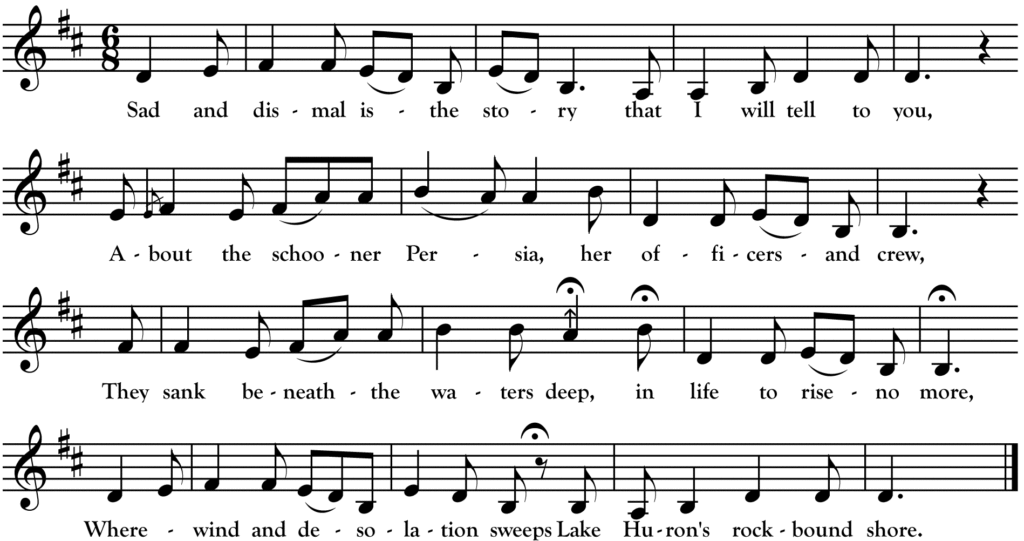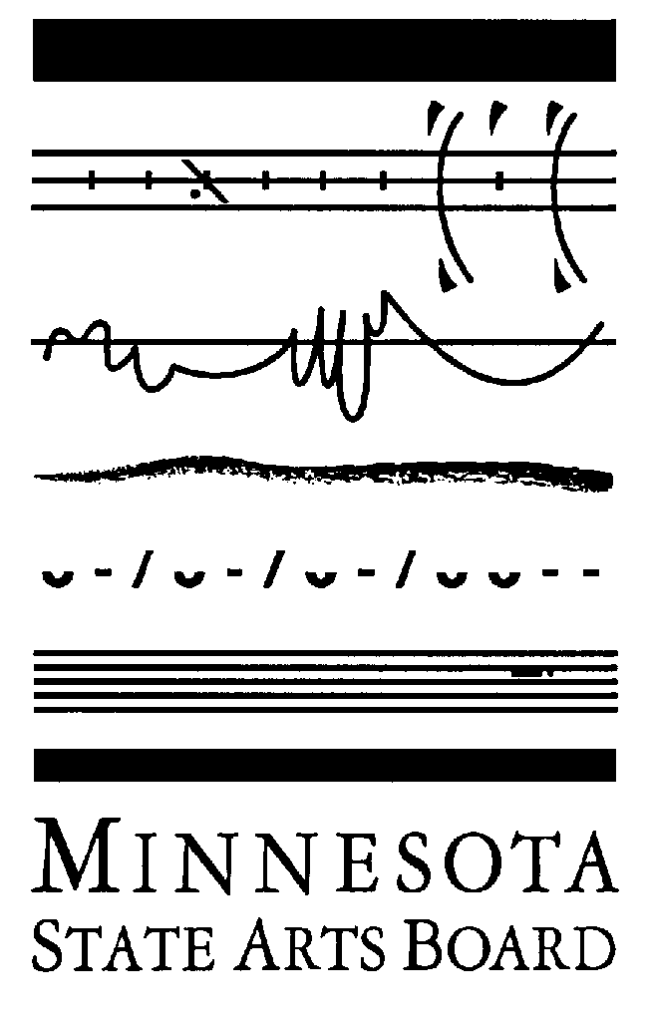Sweet Recale
I am a rich merchant’s only son, my age is twenty-two,
I fell in love with a handsome girl, the truth I will tell you,
And because that I had riches great and she was of a low degree,
Which caused my parents for to frown and prove my destiny.
They sent me to Americay, my fortune for to seek,
I was shipwrecked on the Austria, that now lies in the deep,
But Providence to me proved kind, a plank brought me to shore,
I’m in hopes to see my handsome girl at Sweet Recale once more.
It was on the morning of the fourth just by the break of day,
This handsome girl stepped up to me and this to me did say,
“Where are you from, my nice young man, come quickly tell to me,
Or are you from the heavens above, where is your country?”
“Oh I am a stranger in this place, the truth to you I’ll tell,
For loving of a pretty fair maiden in the town of sweet Recale.
And because that I had riches great and she was of a low degree,
Which caused my parents for to frown which proved my destiny.”
“Oh come tell me are you married to that girl you left behind?”
“No, but I’m already promised and a promise that’s good and kind,
I am already promised to that girl in sweet Recale,
And except her no other fair maids will ever my favor gain.”
And this fair maid fell a-weeping tears rolled down her rosy cheeks,
“Oh here is twenty guineas in gold for to bear you o’er the sea,
For love is better, I do find, than gold or earthly store,
May heavens above return you love, to sweet Recale once more.”
In 1934, Minnesota music teacher Bessie Stanchfield put out a call for old St. Croix Valley lumbermen to send in songs for publication in the Stillwater Post-Messenger. A man living in North Dakota who said he had been a lumberjack on the St. Croix Valley fifty years before wrote saying “I spent two winters working in one of Isaac Staples’ camps on the Apple River [WI]. The foreman was Andy McGrath. Every Saturday night we had a dance. Every Sunday night we sang. Tom Harrington, the camp blacksmith, was a fiddler, and the singers included Hendy Lane, James Riley, and young Jim McGrath.” The letter writer referred to one old song once popular in the area and remarked “Jim McGrath sang it fine.”
This Jim McGrath may likely have been James E. McGrath, son of John McGrath from Wicklow, Ireland and a successful (for a time) lumber company operator for whom the town of McGrath, MN is named. In any case, singer Jim McGrath was still in the Stillwater area in 1934 and in Stanchfield’s unpublished papers at the Minnesota Historical Society, she writes that, though he was a reluctant singer, “after one old-timer, then another, dropped into the office to tell of [McGrath’s] clear tenor and his great memory for the old songs” McGrath finally relented and began recalling for her “those pleasant evenings in the bunk house” and the songs that went with them.
The Stanchfield papers include part of McGrath’s text for “Sweet Recale.” I have mixed the McGrath text with melody and text again recorded by Alan Lomax in 1938 from Beaver Island, Michigan singer John W. Green (you can listen to Green’s version online via the Library of Congress) and a few lines nabbed from a third version collected in 1935 in Alger, Michigan by Gardner and Chickering.
I have found three 19th century broadside versions of this ballad from Ireland where the place name is either Belfast, Derry or Limerick instead of Recale. Lomax spells it Raquale and Gardner spells it Recail. I assumed it was a Great Lakes place name until another version recently turned up on the Irish Traditional Music Archive from Inishowen Penninsula singer Denis McDaid who sings Rycale. I’m at a loss as to the location of this mysterious place name!




